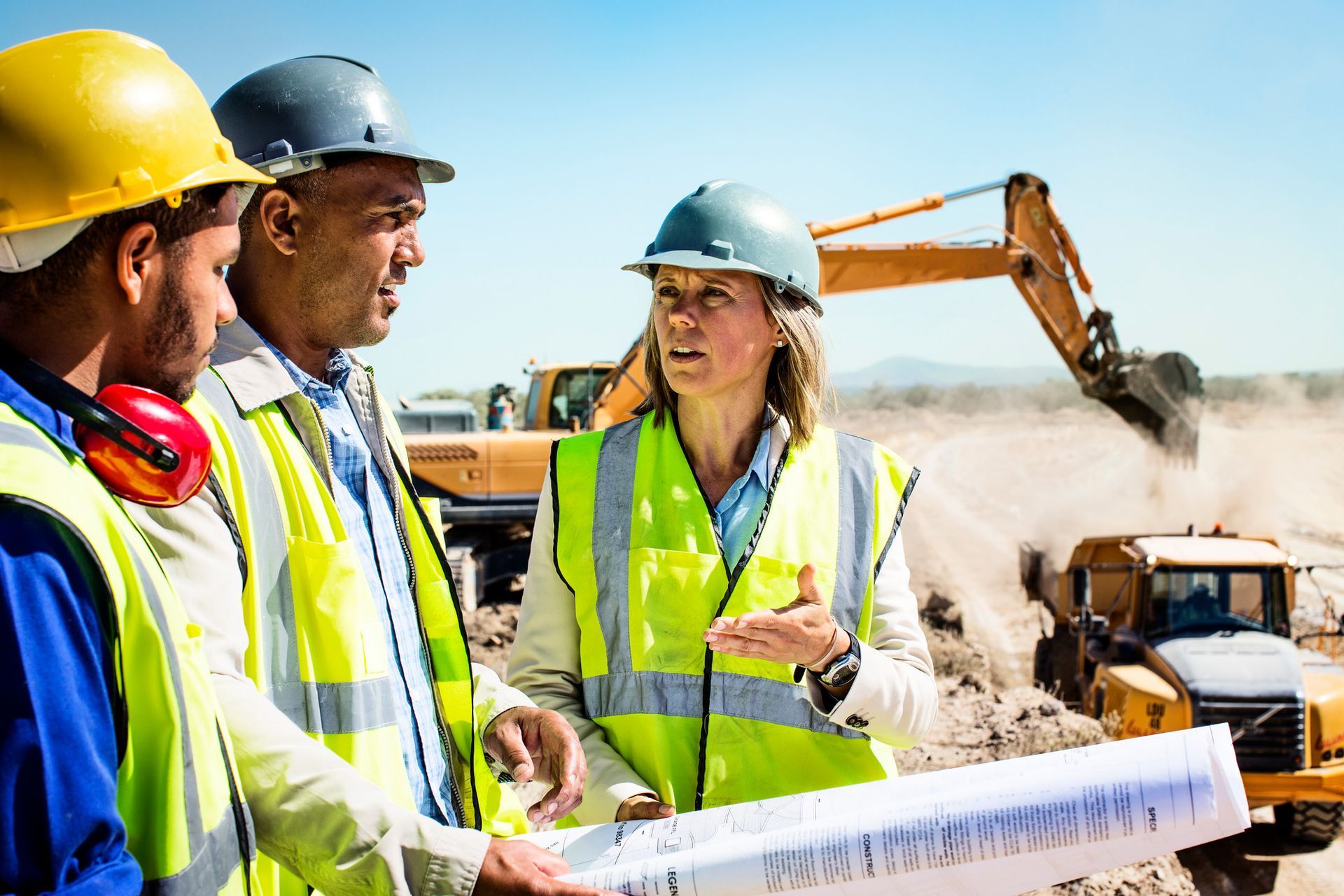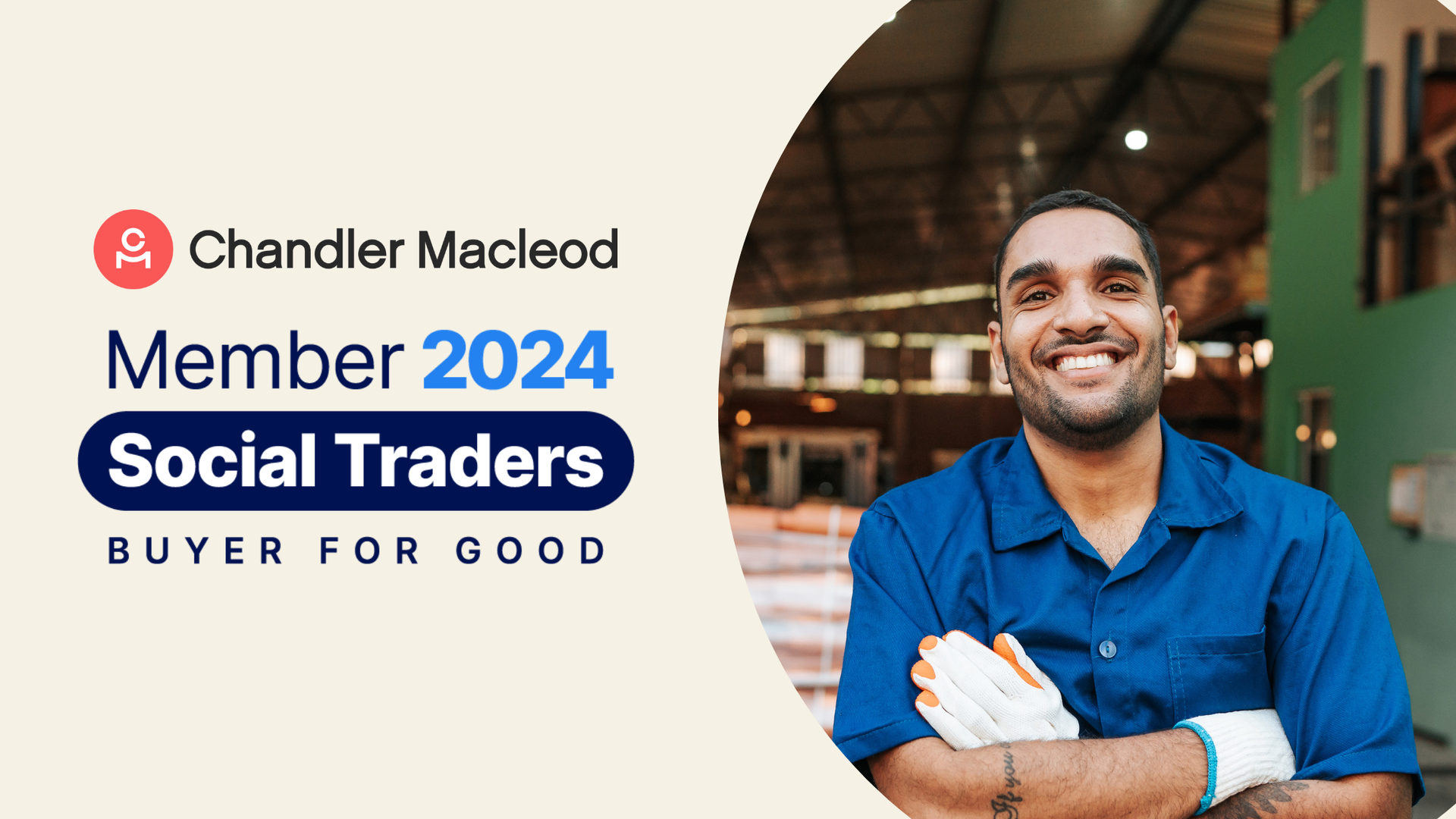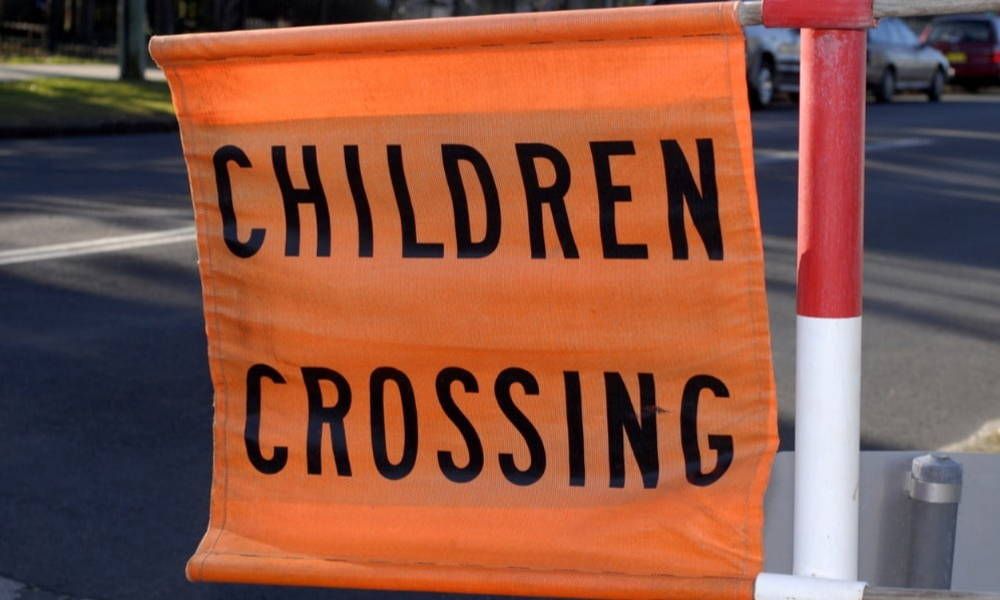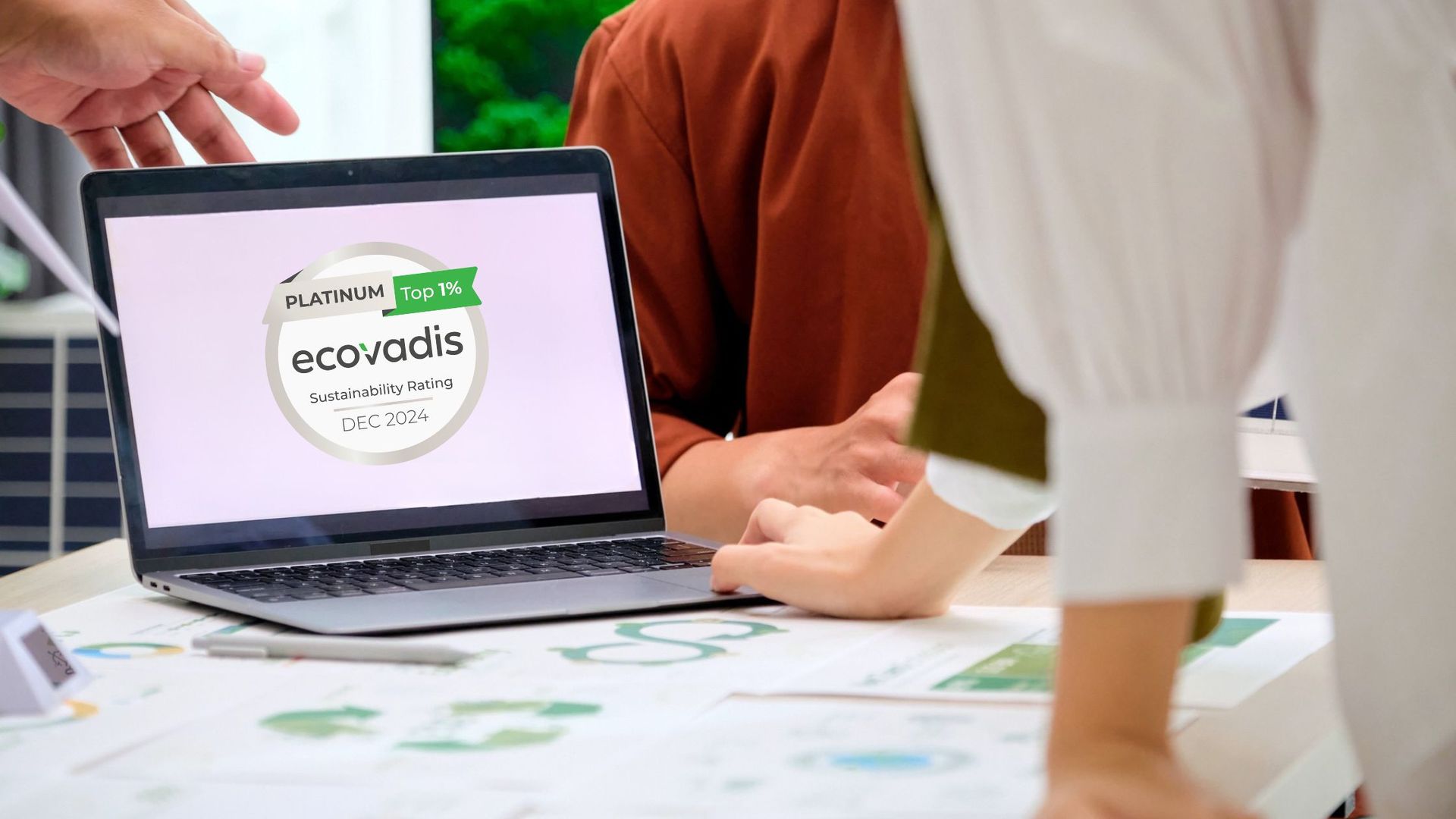Chandler Macleod Group has partnered with Tap into Safety to provide ‘All of Me’, a ‘gamified’ mental health platform, to our employees – can it be part of the solution?
The high rates of suicide and disproportionately high rates of incarceration among our First Australians are issues that all governments, in partnership with community, need to work tirelessly to resolve
– Malcolm Turnbull MP, Previous Prime Minister of Australia
The first Australian Youth Development Index (YDI) compiled as part of International Youth Day also raised some alarming statistics on youth suicide. It showed Aboriginal and Torres Strait Islander men aged 25-29 had the highest suicide rates in the world.
Aboriginal and Torres Strait Islander people are nearly three times more likely to be psychologically distressed than other Australians and twice as likely to die by suicide.
– Australian Bureau of Statistics (2015) Australian Aboriginal and Torres Strait Islander Health Survey: First Results, 2012-13
While we know that structural, public and personal stigma associated with psychological illness can have a substantial impact on the wellbeing of those in our community, our Indigenous people face additional social stigma challenges including:
- Housing
- Education
- Health
- Training
- Incarceration
Added to this is the prevalence of intergenerational trauma, where rates of depression and aspects related to emotional wellbeing are inherited from one generation to the next.
These alarming statistics reinforce the need to further focus on the psychological wellbeing of Aboriginal and Torres Strait Islander people, with consideration of the protective and risk factors facing Indigenous people, as described by ‘beyondblue’:
Protective factors are what Aboriginal and Torres Strait Islander people feel to be strong and resilient and include:
- Social connectedness and sense of belonging
- Connection to land, culture, spirituality and ancestry
- Living on or near traditional lands
- Self-determination
- Strong Community governance
- Passing on of cultural practices
Risk factors that impact on the social emotional wellbeing of Aboriginal and Torres Strait Islander people include:
- Widespread grief and loss
- Impacts of the Stolen Generations and removal of children
- Unresolved trauma
- Separation from culture and identity issues
- Discrimination based on race or culture
- Economic and social disadvantage
- Physical health problems
- Incarceration
- Violence
- Substance misuse.
What does this mean for psychological wellbeing and employment?
The harsh reality is, racial discrimination towards Aboriginal and Torres Strait Islander people continues to affect employment opportunities in our community. Recruitment decisions being influenced by unconscious bias and the stigma attached to stereotyping can negatively impact the psychological wellbeing of those involved. Psychological distress associated with this can lead to a lack of confidence and decreased feelings of self-worth, further decreasing the likelihood of those affected to seek help.
In 2011, 1 in 7 Australians reported experiencing discrimination because of their colour or background, and this can influence how conditions such as depression, anxiety and suicide are experienced and how the person goes about seeking help and treatment.
-Markus, A. (2011). Mapping social cohesion. Victoria: Scanlon Foundation.
What does this mean for Chandler Macleod?
With around 275 Indigenous employees across WA, SA and NT – including nearly 10% of our internal workforce – it is paramount we do whatever we can to reduce the stigma and encourage Indigenous employees to reach out for help and access appropriate Employee Assistance Programs (EAPs).
EAP take-up rates across our nearly 20,000 employees nationally have increased modestly in recent years, but still sit at less than 0.17%. This is very concerning given an estimated 20% of the population experience mental health issues at any given time.
While we actively promote that our EAP provides access to Indigenous-specific counselling services, and that it is a service available to them and their immediate family members, Aboriginal and Torres Strait Islander take-up rates have been non-existent.
We have rigorously assessed the e-mental health application ‘All of Me’ on the basis of cultural sensitivity and neutrality, and have spent significant time encouraging all employees to complete the initial training modules, reinforcing at every opportunity that anonymity is maintained unless they specifically reach out for help. At the front-end of the training modules, we deliberately ask for some non-personally-identifying demographic information, including gender, ethnicity, industry, and roster pattern.
Encouragingly, around 7% of completions thus far have been made by our employees who identify as Aboriginal or Torres Strait Islanders, which is broadly representative of the sample set.
‘All of Me’: Part of the Solution
Chandler Macleod Group has partnered with Tap into Safety to provide ‘All of Me’, a ‘gamified’ mental health platform, to our employees.
In conjunction with ‘All of Me’ and Edith Cowan University, we have been integral in assisting with research for the largest ever e-mental health study. The study covers a workforce of over 3,000 across Western Australia, South Australia, and the Northern Territory, with training modules around ‘Organisational Change and Burnout’ and ‘Stress and Alcohol’.
The data collected from this study revealed that in order to reduce the negative effects of depression, substance misuse, anxiety disorders, and work-related stress, a three-pronged approach is required:
- Reduce stigma.
- Train employees in mental health literacy.
- Promote help-seeking.
We believe All of Me to be an amazing e-mental health tool, which as part of a comprehensive mental health program, can start driving much needed industry improvement in this area.
Gary Whittaker, General Manager – Staffing Services WA/SA/NT, Chandler Macleod Group
Chandler Macleod Group has been shortlisted as a 2018 finalist in the Recruitment, Consulting and Staffing Association’s (RCSA) Awards in the area of safety and risk management for our proactive adoption of online employee mental health platform ‘All of Me’ and collaboration with Tap into Safety and Edith Cowan University to provide results and analysis of the All of Me mental health application.
If you would like to learn more about the All of Me mental health application and how it can assist in managing mental health and wellbeing in your business, contact Chandler Macleod today.
Written by Kyra Bonney – General Manager of Indigenous Strategy, & Gary Whittaker – General Manager – Staffing Services WA, SA and NT, Chandler Macleod Group.













